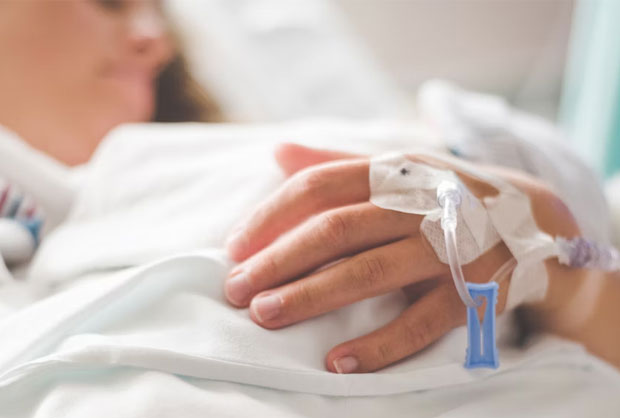3 Ways To Help Your Child Get Back To Normality After Surgery

3 Ways To Help Your Child Get Back To Normality After Surgery
As a parent, there’s no denying that watching your child go through a major surgery is a source of severe stress. Seeing your precious charge in pain and discomfort is one of the most difficult experiences you can go through, and you will probably find yourself wishing you could endure it on their behalf.
Depending on the nature of the surgery, the fact is that the recovery process may also be a lengthy one, and your child may take some time to convalesce. There might also be the odd setback to deal with, such as minor infections or difficulties with pain management. What’s more, if they require long-term physio, you may also have to take on a very active caring role when you get home.
With such a big upheaval for you all to get through, when possible, it may be a good idea to dedicate some of your focus to finding ways to help your child (and yourselves!) regain some form of normality once they return home. Allowing them to feel as if their regular life is once again within their grasp may help to boost their confidence and distract them from the discomfort of their recovery, even if this just means playing their favourite board games while they lie in bed, or taking them on a much-loved drive. If it makes them smile and gives them extra motivation to get well, then it will definitely be worthwhile!
With that goal in mind, here are some top tips for helping your child slowly but surely get back to normality after a major surgery.

- Keep Them Comfortable
Depending on the kind of surgery your child has had, they may need pain relief for several days or even weeks after they return home. As a result, you will probably leave the hospital with a bag containing all of the required medicines, and it’s up to you to administer them according to instructions. It’s important to make sure that your child is kept as comfortable and pain-free as possible while still taking care not to give them too much medication.
You might also have some wound care responsibilities to take on board. This can be particularly daunting, but you may be surprised how quickly you get the hang of it! Be sure to look out for any signs of infection when you are cleaning the wound; these include redness, heat, swelling, and pus. You should also monitor your child for any signs of fever and seek medical care right away if your kid does spike a temperature.
By ensuring that their pain is kept under control and their wound is clean and well-bandaged, you will give your child the best possible chance of making a quick and relatively comfortable recovery.

- Get Them Out And About
While it’s important to let your child have plenty of rest in the days following their surgery, when they start to feel better you can encourage them to do some gentle exercise. Even some stretches and light walking around the house a few times a day may be beneficial.
On the other hand, if the nature of the surgery means that your child is confined to a wheelchair, you might want to consider investing in a mobility aid for the time being, to help them get out of the house and enjoy some sunshine and fresh air.
Mobility Solutions offers a range of helpful aids that can give your child the freedom to get back into the world and spend time in their favourite places, or even meet up with friends. You can explore their huge selection of mobility scooters and other mobility aids to find the perfect fit for your child’s unique circumstances.

- Surround Them With Their Favourite Things
Whether your child is three years old or thirteen when they have their surgery, a great way to help them regain some normality and improve their well-being is to shower them with some of their favourite things.
For instance, once they can eat and drink normally again, you can prepare some of their favourite meals and snacks to nourish them and help them rebuild their strength after the surgery. The odd cheeky fast food feast may even be in order! Of course, it’s also vitally important to avoid certain foods if your doctor has warned against them, so bear this in mind when planning your tasty treats.
You can also distract your recovering child, and keep their minds – and hands – occupied while they are recuperating, by surrounding them with their best-loved books, toys, movies, music or video games. Having familiar and well-loved items around them will remind them of happy times and help them feel like their old selves again, which is sure to do them the power of good.
Finally, while you will probably have various other responsibilities to take care of at the same time, try and spend as much quality time as you can with your child, having conversations, laughing, joking, discussing their feelings, or simply giving them a well-deserved cuddle.
Guest Article.




